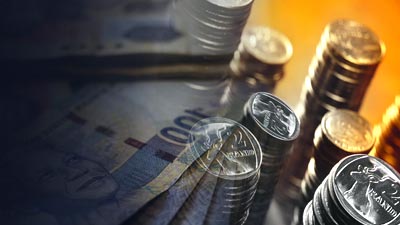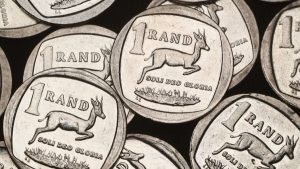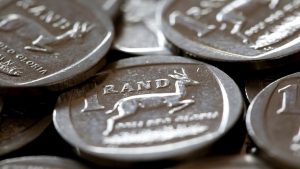South Africa’s rand weakened for a third session in a row early on Friday as the growing likelihood of a global recession due to the spreading coronavirus compounded an already gloomy local economic outlook.
The rand was trading at 18.5550 to the dollar in early trading, having touched a new all-time low of 18.6500 overnight as investor hopes of limited economic fallout faded, spurring sales of riskier assets.
The greenback climbed to a 2% weekly rise on Friday, lifted by a surge in the oil price and investors searching for safety as global coronavirus infections rose, with local infections edging past 1 400 people.
“The domestic currency has been dealt blows from all sides,” said analysts at NKC Economics in a note, adding the unit could hit the key 20.00/$ level in the coming sessions as supply chain disruptions deepened and investor sentiment worsened.
“South Africa’s economic fundamentals are dismal, and the external environment has grown increasingly hostile. The loss of South Africa’s investment-grade status exerts further pressure on the rand, which is already teetering due to the economic damage inflicted by COVID-19.”
In the video below, the SABC’s Arabile Gumede speaks about the impact of coronavirus on the rand:
Rand hits new low
On Thursday, the rand fell to a new all-time low against the dollar, as analysts predicted a steep economic contraction and large budget deficit because of the global coronavirus pandemic.
At 1545 GMT, the rand was around 2% weaker at 18.6000 per dollar, after earlier touching a new low of 18.6500.
South Africa has the most confirmed coronavirus cases in sub-Saharan Africa, at 1,380.
It is heavily exposed to the disruption caused by the virus as a major exporter of commodities and has imposed some of the toughest restrictions on the continent, including a 21-day lockdown that began on Friday.
The toll on the economy, which fell into recession late last year, has already shown up in preliminary tax numbers.
BNP Paribas economist Jeffrey Schultz said in a research note that he had revised down his gross domestic product (GDP) forecast to a contraction of 4.0% this year.
He now expects a 9.1% of GDP budget deficit in the 2020/21 fiscal year that will compound worries over the country’s public finances, which have been stretched by repeated bailouts to ailing state firms including power utility Eskom and South African Airways.
The yield on the government bond due in 2030 rose 3 basis points to 11.190%.






